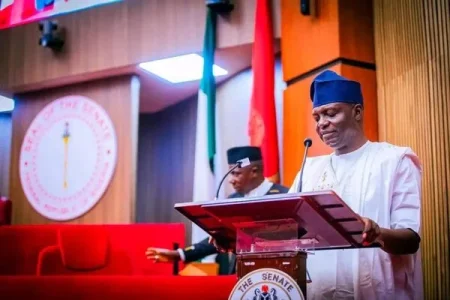
Nigeria’s federal government is using artificial intelligence and satellite data to identify urban slum dwellers for poverty relief. Minister Yilwatda says the social register now includes 19.7 million people, with targeted aid reaching 15 million households. Cash transfers and structural reforms are also part of the strategy.
- FG is using AI, telecom data, and satellites to identify poor Nigerians.
- National Social Register has expanded from 13M to 19.7M people.
- Target: 15M households (about 75M Nigerians).
- Each household gets ₦75,000 via conditional cash transfer.
- 18% started small businesses; 52% paid school fees.
- FG plans N1.5 trillion loans to support farmers and food security.
- Strategy is shifting from emergency relief to long-term poverty reduction.
By combining AI with satellite tech, Nigeria is scaling poverty interventions, but questions linger about urban adequacy and sustainable exits from poverty. Technology is expanding aid access, yet the real test lies in transforming temporary relief into generational uplift.
Should cash transfers prioritise immediate survival or seed capital for small businesses?
Is this AI-driven social support model the future of targeted welfare in Nigeria or a flashy distraction from deeper structural gap


![Today’s Naira Rate [02-06-2025]:Naira Gains Strongly in Parallel Market to Start New Week at ₦1,610/$1](/data/attachments/217/217287-88e2b385f6fd3d3f191e25c659bb5b12.jpg?hash=HjmdYT-X3t)
